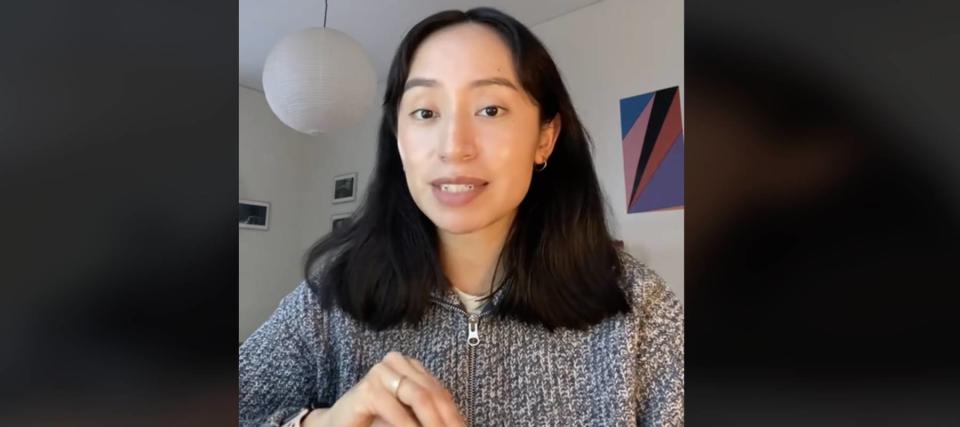‘We’re using that down payment or kid money’: This TikToker says stress just makes her spend — here's why she says Gen Z and millennials are stuck in a 'doom spending' spiral

While young people may seem to spend like it’s going out of style these days — whether on concert tickets or luxury vacations — it’s not because they have more disposable income than you did at their age.
In fact, one self-described “zillennial” (someone of the cusp of the Gen Z and millennial generation), argued in a recent viral TikTok that since buying a home and starting a family remains out of reach for many young people these days, they’re finding comfort in spending lavishly.
Don’t miss
Commercial real estate has outperformed the S&P 500 over 25 years. Here's how to diversify your portfolio without the headache of being a landlord
Find out how to save up to $820 annually on car insurance and get the best rates possible
Finish 2023 stronger than you started: 5 money moves you should make before the end of the year
“We’re using that down payment or kid money on whatever it is that we can’t afford that’ll bring us a semblance of the kind of adulthood that we were promised,” she says.
Commenters overwhelmingly agreed, with one explicitly naming the trend: “We’re all doom-spending now.”
What’s behind this trend
Doom spending, as Credit Karma defines it, is “spending money despite concerns about the economy and foreign affairs” as a means to “cope with stress.”
Here’s what that looks like: Geopolitical strife? Buy a blender. Unaffordable housing? Time to book a vacation.
The personal finance company explains in a recent report that a heady combination of inflation, stagnating wages and rising housing costs have led 27% of Americans to “doom spend.”
And the phenomenon, Credit Karma points out, is most common with younger generations as 35% of Gen Z and 43% of millennials report they deal with stress by spending.
Melchor offers some insight on their rationale: “When older people ask me how young people are affording nice things that they wouldn’t even buy for themselves, I tell them it’s because we can’t afford anything else.”
Part of it does seem to come down to priorities. A 2023 survey](https://www.intuit.com/blog/wp-content/uploads/2023/01/Intuit-Prosperity-Index-Report_US_Jan-2023.pdf) from fintech company Intuit discovered that 3-in-4 Gen Z would rather have a better quality of life than more money in the bank.
Younger generations added they don’t feel strongly about saving for retirement, the survey also noted — which may be another side of the same trend.
Read more: Owning real estate for passive income is one of the biggest myths in investing — but here's how you can actually make it work
But does she have a point?
Doom spending might seem like a dramatic overreaction to coming of age in a tough economy, but does Melchor have a point that even without their daily indulgences, homeownership still feels out of reach?
The median age for a first-time buyer is now 35, the second highest age ever, according to the 2023 data from the National Association for Realtors (NAR), which has been collecting data on this since 1981.
The increased age for homeowners is likely connected to the sky-high home prices that throttled real estate markets across the country. NAR reports that the median selling cost for a home is $398,000. A 20% down payment — the recommended amount — requires nearly $80,000 in cash from the buyer.
Most Americans — no matter their age — don’t even have an extra $400 on hand, let alone $80,000.
These days, even rich young people are opting to rent rather than buy thanks to explosive mortgage rates.
“We’re going to relinquish any lingering delusions about homeownership,” Melchor says. “And instead use that money to give our dogs the most enriched puppyhood they can have.”
What to read next
Thanks to Jeff Bezos, you can now cash in on prime real estate — without the headache of being a landlord. Here's how
This Pennsylvania trio bought a $100K abandoned school and turned it into a 31-unit apartment building — how to invest in real estate without all the heavy lifting
Rising prices are throwing off Americans' retirement plans — here’s how to get your savings back on track
This article provides information only and should not be construed as advice. It is provided without warranty of any kind.

 Yahoo Finance
Yahoo Finance 